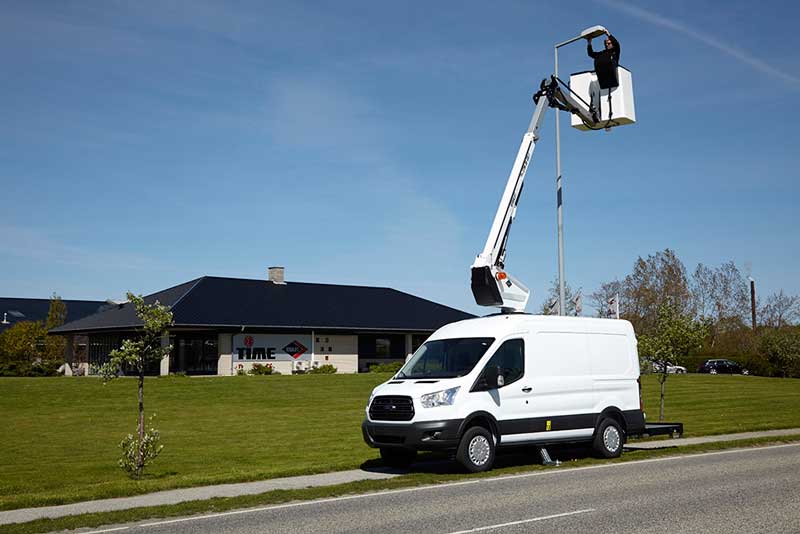Earlier this month, General Electric (GE) quietly unveiled plans for computer-connected L.E.D. streetlights that would allow cities to collect and analyze traffic management data to increase efficiency and enhance traffic safety – and that is just for starters.
GE plans to make sensor-rich lights for home and office to collect behavioral data of almost any kind that can then be sold to retailers, marketing companies and advertisers much the way onlie search engines sell browsing data collected from internet users to companies to sell goods and services. Bill Ruh, the head of G.E.’s software center said:
“The next generation of bulbs have a life cycle of 20 years; we can’t think of that as a transactional business anymore”…“We can put cameras and more sensors on these, and measure motion, heat, air quality.”
Retailers could also use sensor lighting to guide shoppers to desired locations while consumers could deploy them in their homes and businesses understand and modify their electricity consumption.
That’s not all. Quentin Hardy writing for Bits writes that:
“Huawei, a Chinese maker of computing and communications equipment with $47 billion in revenue, estimates that by 2025 over 100 billion things, including smartphones, vehicles, appliances and industrial equipment, will be connected to cloud computing systems.”
G.E., Google and other tech giants believe that collecting and manipulating intimate data patterns will drive the next era of global efficiency based on machines that can learn and predict what will come based on what has happened. Eric Schmidt, Google’s executive chairman, said at a recent industry event that:
“The core thing Google is doing is machine learning.” Sensor-rich self-driving cars, connected thermostats or wearable computers”…“are part of Google’s plan “to do things that are likely to be big in five to 10 years. It just seems like automation and artificial intelligence makes people more productive, and smarter.”
Big tech companies also see supplying others with the means to collect and analyze data will be a huge profit center going forward.
Earlier this month, Amazon stunned Wall Street with news that its online sales of data analysis tools had reached $5 billion in annual business and that sector margins were more profitable than the rest of the company.
The data collection and analysis market could be a repeat of the online search industry – a competition Google won in part by investing heavily in all aspects of computer science. Hardy continues by writing:
“The great data science companies of our sensor-packed world will have experts in arcane reaches of statistics, computer science, networking, visualization and database systems, among other fields. Graduates in those areas are already in high demand.
Nor is data analysis just a question of computing skills; data access is also critically important. As a general rule, the larger and richer a data set a company has, the better its predictions become.”
G.E. can use data on how people use lighting to builds better lighting systems. Google cars could download new software that will upgrade their performance based on real-time behavior. And Amazon can sell statistical tools to generate unequaled insights into consumer shopping behavior.
One question left unanswered is how governments will use senor based data – collected on a proprietary basis or through compulsory access, much the way emails and browsing histories are accessed through court orders and government investigations – to track the activities of corporations, groups, clubs and associations, political parties and even down to the individual.























